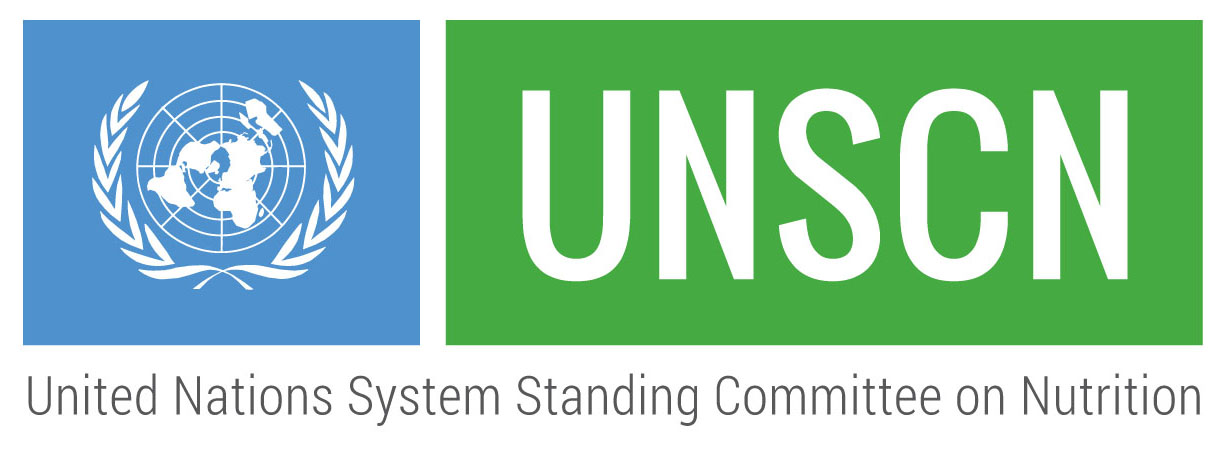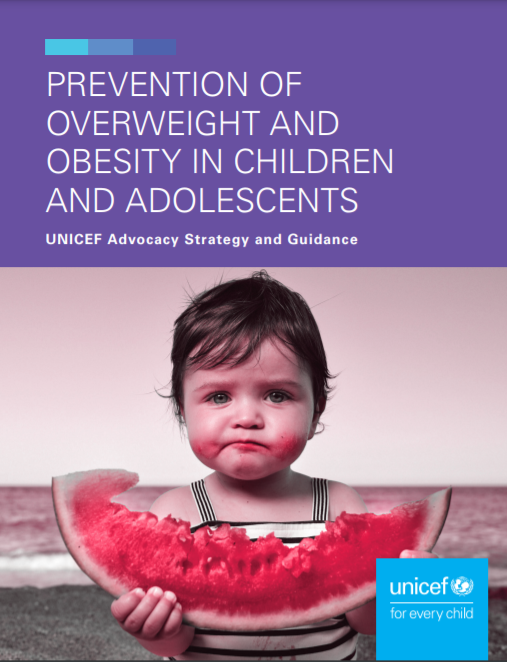Upcoming events
WHO Call for data on effects of policies or interventions that influence the school food environment

Deadline for submission: 20 June 2020
Background
The Department of Nutrition and Food Safety (NFS) established the WHO Nutrition Guidance Expert Advisory Group (NUGAG) Subgroup on Policy Actions in 2018 to support WHO’s work in developing evidence-informed guidance on effective policy measures to support Member States in developing enabling food environment to promote healthy diets and good nutrition.
At a meeting convened in Qingdao, China from 09 to 13 December 2019, the NUGAG Subgroup on Policy Actions initiated the work on developing guidelines for school food and nutrition policies.
To inform the work of the NUGAG Subgroup on Policy Actions, a systematic review is currently being conducted on the effects of policies or interventions that influence the school food environment.
Call for data
To complement published data that are being identified via systematic searching of relevant scientific literature databases, WHO is requesting interested Member States and other parties to submit available evidence reviews for effects of policies or interventions that influence the school food environment, including grey literature or studies. Evidence must be for implemented policies or interventions that influenced or changed the school food environment, which could include:
- Nutrition standards or rules that determine the quality of food served or sold in and around schools
- Marketing restrictions of unhealthy food and non-alcoholic beverages (FNABs) in and around schools
- Nudging interventions promoting healthy food behaviour in the school environment (e.g. product placement)
- Pricing policies to promote healthier alternatives (e.g. subsidies of healthy foods; higher cost of unhealthy options)
- Direct food provision to students in schools (e.g. meal programmes; vegetable and fruit distribution)
Data and information being sought include evaluations of implemented policies or interventions, and that report on one or more of the following outcomes:
- Consumption of healthy FNAB in school, out of school or overall (e.g. fruits and vegetables)
- Consumption of discretionary FNAB in school, out of school or overall (e.g. sugar-sweetened beverages (SSBs)
- Diet (energy, total food and/or nutrient intake, nutritional quality)
- Purchasing behaviour or sales data
- Nutrient and calorie content of available foods
- Exposure to marketing of FNAB, when relevant
- Anthropometric outcomes (BMI, weight/height, height/age, etc.)
- Behaviours related to healthy dietary habits
- Educational outcomes (school absenteeism, educational attainment, school achievement)
- Micronutrient status
- Prices of available foods
- Portion sizes served or sold
- Attitudes towards food
- Blood glucose, Blood lipids (TC, LDL-C, HDL-C, TG), Blood pressure
- Morbidity (e.g. caries)
Acceptable types of studies include, but are not limited to:
- Randomized controlled trials
- Cluster randomized controlled trials
- Controlled before-after studies
- Interrupted time-series studies (uncontrolled or controlled with at least three data points before and after a clearly defined intervention (in terms of content and timing).
- Prospective controlled cohort studies
- Qualitative studies, process evaluations or policy analyses may also be submitted
When submitting data, please provide as much analytical and descriptive information as possible, including the following:
- Identity and affiliation of the author(s) of the evaluation/analysis
- Date of evaluation/analysis
- Characteristics of the population (e.g. age-group, sample size, setting)
- Description of the policy intervention (e.g. mandatory vs voluntary, national or subnational)
- Detailed description of methodologies
- Outcomes assessed
If submitting an evaluation or analysis that has been published in a peer-reviewed journal, please provide bibliographic information.
Data must be submitted by 20 June 2020 to be considered for inclusion in the on-going systematic review which is scheduled to be completed by October 2020. Data must be submitted through the online submission form athttps://extranet.who.int/dataform/857866?lang=en. Detailed instructions for submitting data are provided in the online form. Data submitted by email or in hard copy will not be considered.
This call for data can also be viewed online at https://www.who.int/news-room/articles-detail/call-for-data-on-nutrition-school-food-environment-2020.
Questions regarding the call for data should be addressed to NPUinfo@who.int.


